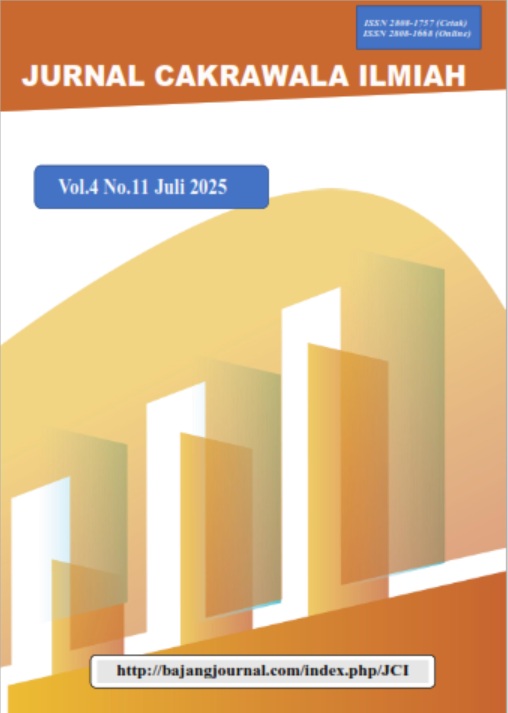UNIVERSALITY AND CONTEXTUALITY OF JUSTICE "THE LEGEND OF TOBA" AND "A LIFETIME OF INJUSTICE"
Keywords:
Justice, Cultural Values, Narrative, BetrayalAbstract
This article examines the cultural construction of justice through a comparative literary analysis of two texts from different traditions: the Indonesian folktale The Legend of Toba and the contemporary American memoir A Lifetime of Injustice by Jessica Neyhouse. Using the methods of literary comparison and cultural hermeneutics, the study reveals how each narrative encodes justice in culturally specific ways—through cosmological punishment and ancestral norms in The Legend of Toba, and through socio-political critique and racial consciousness in A Lifetime of Injustice. Despite their differences, both texts emphasize universal moral themes such as betrayal, accountability, and the pursuit of justice. The findings support the argument that literature not only reflects cultural values but also facilitates dialogue between particular and universal ethical visions
References
Appiah, K. A. (2006). Cosmopolitanism: Ethics in a World of Strangers. W. W. Norton & Company.
DiAngelo, R. (2011). White Fragility. International Journal of Critical Pedagogy, 3(3), 54–70.
Douglas, M. (1966). Purity and Danger: An Analysis of Concepts of Pollution and Taboo. Routledge.
Propp, V. (1968). Morphology of the Folktale. University of Texas press.
Spivak, G. C. (1988). Can the Subaltern Speak? BT - Marxism and the Interpretation of Culture (C. Nelson & L. Grossberg (eds.); pp. 271–313). University of Illinois Press.
Downloads
Published
How to Cite
Issue
Section
License
Copyright (c) 2025 Jurnal Cakrawala Ilmiah

This work is licensed under a Creative Commons Attribution-NonCommercial 4.0 International License.
















